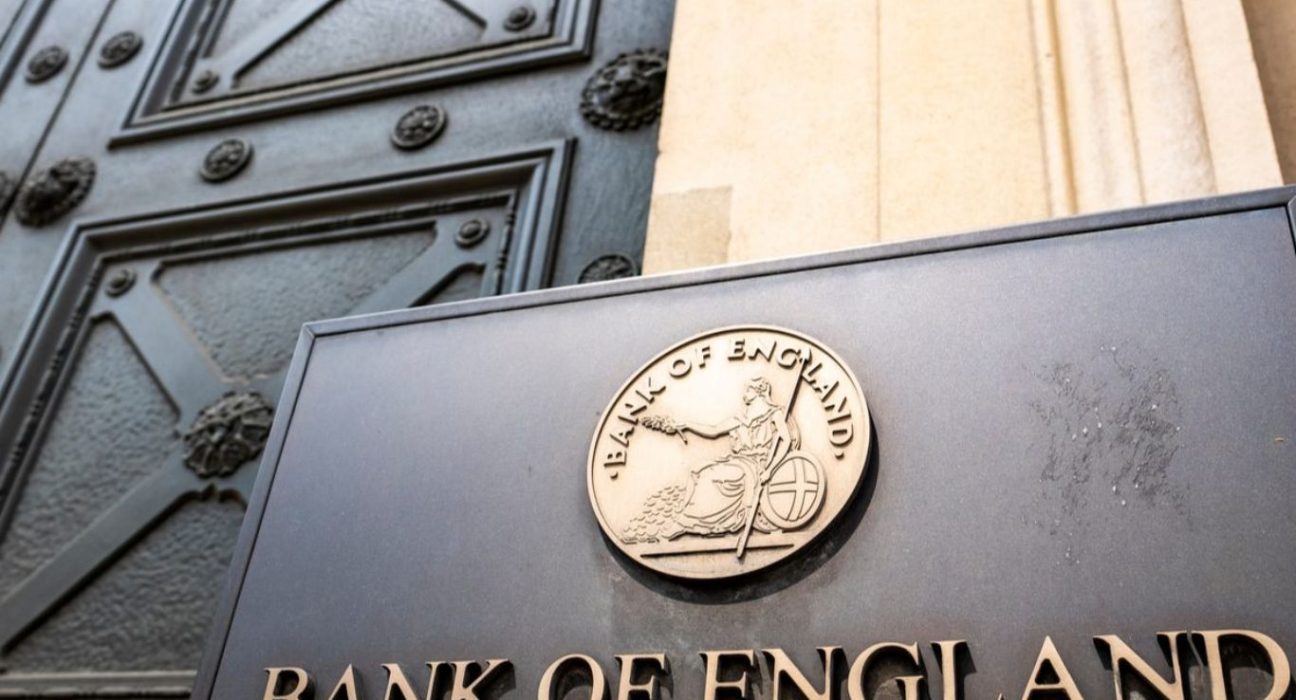Introduction
As the European trading session prepares to unfold, investors are closely monitoring the futures market for early signs of market sentiment. EUROSTOXX 50 futures indicate a marginal decline of 0.1%, while FTSE futures point to a modest 0.2% increase. Anticipation looms over the impending policy decision by the Bank of England (BoE), which is widely expected to announce an adjustment in interest rates later in the day. This article delves into the implications of these developments and their potential ramifications for the broader European economy.
Early Market Indicators
The early indicators in the futures market paint a nuanced picture as Europe gears up for another trading day. EUROSTOXX 50 futures are showing a marginal decline of 0.1%, signaling a cautious approach among investors. On the other hand, FTSE futures suggest a slight uptick of 0.2%, hinting at a relatively more positive sentiment. These figures, while not definitive of the day’s performance, provide an initial assessment of market participants’ expectations.
Bank of England’s Interest Rate Decision
One of the pivotal factors influencing the market’s trajectory today is the impending decision by the Bank of England regarding its interest rates. The central bank has been closely monitoring economic indicators, inflationary pressures, and overall financial stability. As the recovery from the recent global economic turmoil continues, the Bank of England is expected to announce a raise in interest rates. This potential move is aimed at ensuring a balance between managing inflationary concerns and supporting economic growth.
Market Sentiment and Investment Strategies
The anticipation of an interest rate adjustment has led to divergent views among investors. While some view a rate hike as a prudent measure to curb inflationary pressures, others are concerned about its impact on borrowing costs for businesses and consumers. As the BoE’s announcement approaches, traders are likely to adjust their investment strategies accordingly. The contrasting market sentiment also underscores the complexity of the decision’s implications for various sectors within the economy.
Impact on Financial Institutions
A shift in interest rates can have cascading effects on the financial sector. Banks, in particular, are likely to experience changes in their profitability and lending dynamics. A rate hike can potentially lead to increased borrowing costs, affecting both individual borrowers and businesses seeking credit. Additionally, banking institutions might need to recalibrate their strategies to align with the evolving interest rate environment. Shareholders and stakeholders will closely monitor the central bank’s decision for cues about the future direction of monetary policy.
International Trade and Export Markets
The Bank of England’s decision is also poised to reverberate through currency markets and impact export-oriented businesses. A rise in interest rates can potentially strengthen the national currency as foreign investors seek higher yields. While this might be favorable for curbing inflation by making imports more affordable, it could pose challenges for export-driven industries, potentially leading to reduced competitiveness in global markets. Businesses reliant on overseas trade will be closely observing these developments.
Consumer Behavior and Real Estate
The decision on interest rates can influence consumer behavior and spending patterns. Changes in borrowing costs can impact individuals’ decisions on taking out loans for major purchases, such as homes and cars. Higher interest rates could lead to decreased demand in the real estate market, affecting property developers, realtors, and related industries. As households assess the implications of a potential rate hike on their financial commitments, their spending habits might also undergo adjustments.
Conclusion
As Europe’s trading day unfolds against the backdrop of mixed futures indicators, all eyes are on the Bank of England’s impending interest rate decision. The delicate balancing act between addressing inflationary pressures and nurturing economic growth underscores the complexity of the central bank’s role. Investors, businesses, and consumers alike are bracing for potential shifts in the financial landscape. While the futures market provides an initial glimpse into sentiment, the ultimate impact of the BoE’s decision will unfold over time, shaping the trajectory of European markets and the broader economy.










